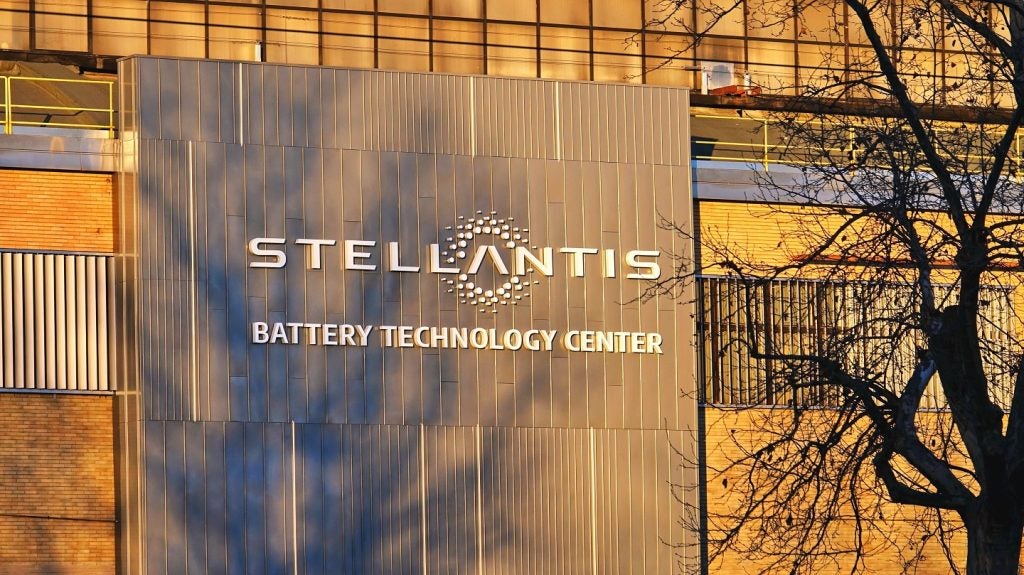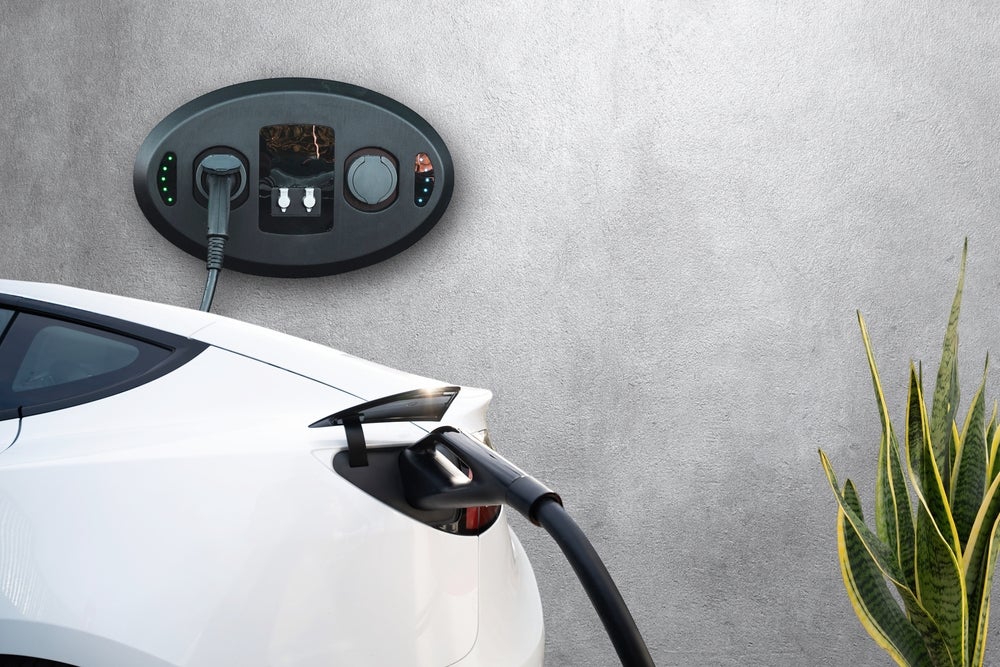
The UK Department of Transport has unveiled a bill dealing with regulation of autonomous and electric cars, following months of questioning and consultations.
The ‘Vehicle Technology and Aviation Bill’ proposed a number of measures and proposals for issues related to autonomous and electric vehicles, and passed in the House of Commons at the first reading on Wednesday.
In the bill, the Department for Transport proposed a register of autonomous vehicles to be published and republished each time it is revised.
It also sought to establish when insurers would be liable for accidents and damage arising from autonomous driving, covering both when drivers are in control and not.
Dik Vos, chief executive officer of SQS, said: “The Vehicle Technology and Aviation Bill announced yesterday wisely covers all potential liability grey areas highlighted by recent examples, such as Google’s previous test fleet of driverless cars which saw 11 incidents.
“A potential insurance nightmare this bill will look to address. Failure to do so could see driverless vehicles consigned to the scrapheap of automotive history.”
How well do you really know your competitors?
Access the most comprehensive Company Profiles on the market, powered by GlobalData. Save hours of research. Gain competitive edge.

Thank you!
Your download email will arrive shortly
Not ready to buy yet? Download a free sample
We are confident about the unique quality of our Company Profiles. However, we want you to make the most beneficial decision for your business, so we offer a free sample that you can download by submitting the below form
By GlobalDataThe bill also provided provisions for expanding the availability of public charging points for electric vehicles (EVs), and requirements for charge points to meet minimum technical requirements.
Steve Nash, chief executive officer of the Institute of Motor Industry (IMI), said that despite vowing to expand public charge points, the bill did not go far enough to encourage EV adoption.
Nash said: “This latest announcement, yet again, misses the key point on getting better adoption of electric vehicles. Millions of taxpayers’ cash spent on charging points will be wasted if the government won’t help independent garages and wider industry keep up with the switch to electric.”
The bill will head to a second reading on March 6.







